Home>Home Maintenance>Home Inspection: How Long Does It Take
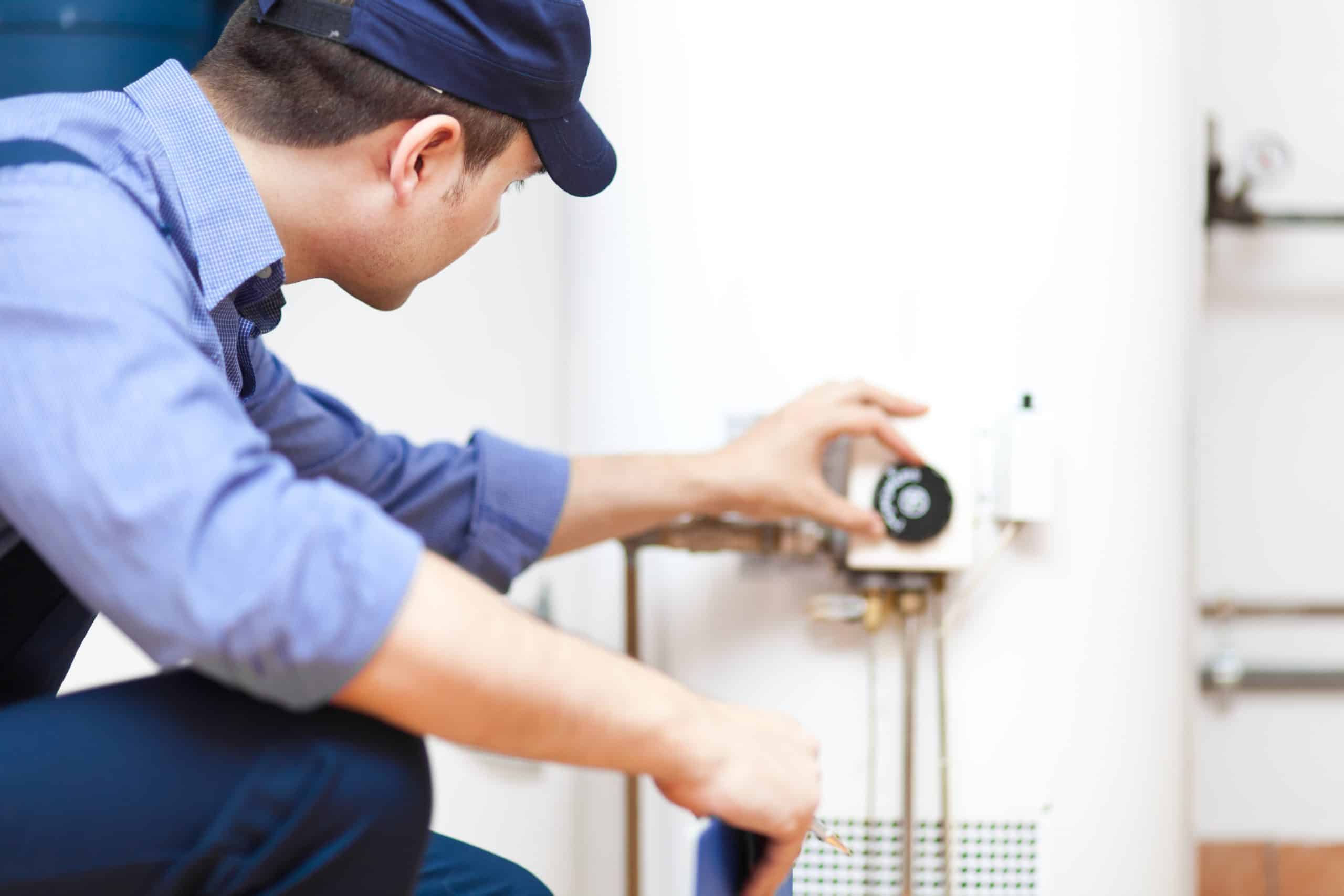

Home Maintenance
Home Inspection: How Long Does It Take
Modified: March 6, 2024
Discover how long a home inspection typically takes and why it's an essential part of home maintenance. Ensure your property is in top shape with a comprehensive inspection.
(Many of the links in this article redirect to a specific reviewed product. Your purchase of these products through affiliate links helps to generate commission for Storables.com, at no extra cost. Learn more)
Introduction
Welcome to the world of home maintenance and inspections! Whether you are a new homeowner or planning to buy or sell a property, understanding the process and the time it takes for a home inspection is essential. A thorough and comprehensive home inspection can provide valuable insights into the condition of a property and help identify potential issues that may require attention or repair.
When it comes to determining the duration of a home inspection, there are several factors that come into play. The size and layout of the property, the age and condition of the home, the accessibility of various components, and the number of systems to inspect can all impact the overall time it takes to complete the inspection. Additionally, external factors such as weather conditions and the experience and efficiency of the home inspector can also play a role.
In this article, we will explore these factors in more detail and provide some tips to help expedite the home inspection process. By understanding the various elements involved, you can adequately prepare for a home inspection and have a better idea of how long it might take.
Key Takeaways:
- Home inspections can take 2 to 4 hours and are influenced by factors like property size, age, and accessibility. Prepare your property, provide documentation, and address minor repairs to expedite the process.
- Weather conditions, experience of the home inspector, and property complexity can impact inspection duration. Clear access, organize your property, and be present if possible to help streamline the evaluation process.
Read more: How Long Does It Take To Clean A Dryer Vent
Factors That Determine the Duration of a Home Inspection
When it comes to estimating the duration of a home inspection, several factors come into play. Let’s take a closer look at each of these factors:
- Size and Layout of the Property: The size of the property, including the number of rooms, levels, and square footage, can significantly impact the inspection time. A larger property with multiple floors and complex layouts may require more time to thoroughly inspect each area and component.
- Age and Condition of the Property: Older homes, especially those that have not undergone significant renovations or updates, typically require more time to inspect. The inspector needs to meticulously examine the structural elements, electrical systems, plumbing, and other components to ensure they meet current standards and are in good working condition.
- Accessibility of the Property: Easy access to all areas of the property, including crawl spaces, attics, and utility rooms, is crucial for a thorough inspection. If certain areas are difficult to reach or obstructed, it may take additional time to gain access and inspect those parts.
- Number and Complexity of Systems and Components: The more systems and components a property has, such as heating and cooling systems, electrical panels, plumbing, and roofing, the longer the inspection is likely to take. Complex systems or specialized equipment may require additional time for evaluation.
- Weather Conditions: Severe weather conditions can impact the inspection process, especially for exterior areas. Rain, snow, or extreme temperatures might limit the inspector’s ability to fully assess certain parts of the property, requiring a return visit or additional time to complete the inspection.
It’s important to note that each home is unique and may have specific factors that affect the inspection duration. A skilled and experienced home inspector will take all these aspects into account and provide you with a realistic estimate of how long the inspection process might take.
Size and Layout of the Property
The size and layout of a property play a significant role in determining the duration of a home inspection. Larger properties with multiple levels and numerous rooms generally require more time to inspect thoroughly. This is because there are more areas and components to evaluate, increasing the overall scope of the inspection.
When a home inspector arrives at a property, they typically start by assessing the layout and creating a systematic plan to ensure every area is inspected. They may begin with the exterior and move systematically through each area of the interior, including the living spaces, bedrooms, bathrooms, kitchen, basement, attic, and any other accessible areas.
In larger properties, the inspector may need to allocate more time to inspect each room and examine the various systems, such as the HVAC, plumbing, electrical, roofing, and structural elements. The inspector will also need to identify and evaluate any potential safety hazards or code violations.
The layout of a property can also affect the inspection process. Homes with complex layouts, such as those with multiple additions, extensions, or unconventional floor plans, may require extra time due to the additional areas and components to evaluate. In some cases, accessing certain parts of the property, such as crawl spaces or tight corners, may be more challenging, leading to longer inspection times.
It’s important to note that while larger properties generally require more time to inspect, the precise duration will also depend on the condition of the property and the number of systems and components that need to be evaluated. A skilled and experienced home inspector will efficiently navigate through the property, ensuring a thorough inspection while focusing on areas of importance and concern.
Age and Condition of the Property
The age and condition of a property are crucial factors that significantly influence the duration of a home inspection. Older homes, especially those that have not undergone recent renovations or updates, generally require more time to thoroughly evaluate.
When inspecting an older property, the home inspector needs to pay close attention to the structural elements, plumbing, electrical systems, roofing, and other components that may have aged or experienced wear and tear over time. They may need to spend additional time inspecting areas that are more prone to common issues associated with older homes, such as foundation problems, outdated electrical systems, or plumbing leaks.
Furthermore, older homes may have been constructed using materials or building methods that are no longer in use. This requires the home inspector to have a deeper understanding of various construction techniques and building codes from different eras. Consequently, additional time may be required to evaluate these unique aspects of an older property.
The condition of the property is another crucial factor. Regardless of the age, if a property has been well-maintained and is in good condition, the inspection may be relatively quicker. On the other hand, if the property shows signs of neglect or has known issues, the inspector will need to spend more time identifying and assessing these problems.
During the inspection, the home inspector will carefully examine various aspects, including the foundation, walls, windows, doors, flooring, appliances, and any visible signs of damage or decay. They may also check for potential safety hazards, code violations, or environmental concerns that could impact the property’s condition and value.
In summary, older homes or properties in poor condition generally require more time for inspection due to the potential for age-related issues and the need for thorough evaluation. However, the exact duration of the inspection will depend on the size and complexity of the property, as well as the experience and efficiency of the home inspector.
Accessibility of the Property
The accessibility of a property is a crucial factor that can affect the duration of a home inspection. Easy access to all areas and components of the property ensures a thorough evaluation, while limited access or obstructions may require additional time or a return visit to complete the inspection.
During a home inspection, the inspector needs to examine various parts of the property, including crawl spaces, attics, utility rooms, electrical panels, and HVAC systems. If these areas are difficult to access or obstructed by personal belongings, furniture, or other obstacles, it can hinder the inspection process.
In some cases, the inspector may need to ask for assistance from the homeowner or arrange for specialized equipment to reach inaccessible areas. This can prolong the inspection time and potentially increase the overall cost of the inspection.
Furthermore, certain types of properties, such as multi-unit buildings, condominium complexes, or properties with shared spaces, may have restricted access or require coordination with property management or other owners. This can introduce additional challenges and potentially lengthen the inspection process.
It is important for homeowners or sellers to ensure that the inspector has unrestricted access to all areas of the property. Clearing any obstacles and providing keys or access codes to locked areas can help expedite the inspection and ensure a comprehensive evaluation.
If there are specific areas that require attention or have limited accessibility, such as an underground septic system or a hidden storage space, it is advisable to inform the inspector in advance. This will allow them to plan accordingly and allocate sufficient time for the inspection.
In summary, the accessibility of a property plays a significant role in the duration of a home inspection. Ensuring easy access to all areas and components will facilitate a thorough evaluation, save time, and provide accurate findings for the property.
Number and Complexity of Systems and Components
The number and complexity of systems and components in a property can greatly impact the duration of a home inspection. The more systems and components present, the longer it will take to thoroughly evaluate each one.
Properties typically have a variety of systems and components that need inspection, including electrical, plumbing, HVAC, roofing, structural elements, appliances, and more. Each of these systems requires careful examination to ensure they are functioning properly and are in good condition.
If a property has an extensive number of systems or components, such as multiple HVAC units, numerous electrical panels, or numerous plumbing fixtures, it will inevitably take longer to inspect them all thoroughly. Additionally, complex systems that require specialized knowledge and attention, like an advanced security system or a solar panel setup, may need additional time for evaluation.
The home inspector will need to assess each system and component individually, checking for any potential issues, signs of damage or deterioration, and compliance with safety standards. They may need to test certain systems, operate appliances, or use specialized equipment to ensure accurate evaluations. The time required for these tasks will vary based on the complexity of the systems and the condition of the components.
It’s important to note that experienced and efficient home inspectors are well-equipped to handle properties with multiple systems and components. They will prioritize areas of concern and focus on the most critical aspects of the inspection. However, more time will likely be required to ensure a thorough evaluation.
In summary, the number and complexity of systems and components in a property directly impact the duration of a home inspection. Larger properties or those with numerous advanced systems and components will inherently take longer to inspect. It’s important to allow sufficient time for a comprehensive evaluation of all systems and components to ensure a thorough understanding of the property’s condition.
When scheduling a home inspection, plan for it to take around 2-3 hours for an average-sized home. Larger or older homes may take longer. Be sure to allow enough time in your schedule for the inspection.
Weather Conditions
Weather conditions can play a significant role in the duration of a home inspection, especially when it comes to evaluating the exterior of the property. While some aspects of the inspection can be conducted regardless of the weather, certain conditions may limit the inspector’s ability to fully assess certain areas or components.
Inclement weather, such as heavy rain, snow, or extreme temperatures, can make it challenging for the inspector to access and inspect exterior elements like the roof, siding, gutters, or foundation. These elements may require a visual inspection from the ground or a subsequent visit under more favorable weather conditions.
Moreover, certain weather conditions can also impact the operation and functionality of various systems. For example, extreme cold weather might affect the performance of the heating system, while heavy rain or storms might expose leaks or drainage issues in the property.
If the weather conditions are not conducive to a thorough inspection or the safety of the inspector is compromised, it may be necessary to reschedule or modify the inspection process. In such cases, the inspector will communicate with the homeowner or the client to determine the best course of action.
It’s important to mention that some home inspectors have specific guidelines or protocols in place for inspecting properties during adverse weather conditions. They may have specialized equipment or protective measures to continue with the inspection despite challenging weather conditions, keeping both the inspector and the property’s occupants safe.
In summary, weather conditions can impact the duration of a home inspection, particularly when it comes to evaluating the exterior of the property. Unfavorable weather may necessitate additional visits or adjustments to the inspection process to ensure a comprehensive evaluation of all areas and components of the property. Open communication between the inspector and the client is crucial to determine the most appropriate approach in such situations.
Experience and Efficiency of the Home Inspector
The experience and efficiency of the home inspector are important factors that can influence the duration of a home inspection. An experienced and skilled inspector is more likely to efficiently navigate through the property, identify potential issues, and complete the inspection in a timely manner.
Experienced home inspectors have a more developed understanding of various components, systems, and building codes. They are familiar with common issues that can arise in different types of properties and have the knowledge to identify them quickly. This allows them to work more efficiently and effectively during the inspection.
An experienced home inspector has likely encountered a wide range of properties and situations throughout their career. As a result, they have developed a systematic approach to the inspection process, enabling them to move through the property methodically and complete the evaluation more efficiently.
In addition to experience, the efficiency of the home inspector also plays a role in the inspection duration. An efficient inspector is organized, detail-oriented, and able to manage their time effectively. They prioritize areas of concern, focus on critical components, and streamline the inspection process without compromising the thoroughness of their evaluation.
An efficient inspector also utilizes appropriate tools and technology to expedite the inspection process. For example, they may use thermal imaging cameras to identify heat or energy loss, moisture meters to detect hidden leaks, or digital documentation systems to streamline the reporting process.
It’s worth noting that the experience and efficiency of the home inspector should not be seen as shortcuts or compromises in the quality of the inspection. Instead, they are indicators of the inspector’s ability to work diligently and provide accurate findings within a reasonable timeframe.
When hiring a home inspector, it’s important to inquire about their experience, credentials, and approach to ensure you are working with a qualified and efficient professional. By choosing an experienced and efficient home inspector, you not only save time during the inspection process but also gain the confidence that your property is being thoroughly evaluated by an expert.
Average Time Required for a Standard Home Inspection
The average duration of a standard home inspection can vary depending on several factors, including the size, age, and condition of the property, as well as the number of systems and components that need to be evaluated. Generally, a standard home inspection can take anywhere from 2 to 4 hours.
For smaller properties, such as condos or townhouses, the inspection may be completed within the lower end of the time range. These properties usually have fewer systems and components to inspect, making the process quicker.
On the other hand, larger homes or older properties with multiple levels and complex layouts may require more time. The inspector needs to thoroughly examine each area and evaluate various systems, which can extend the duration of the inspection.
In addition to the property size and layout, the age and condition of the property can also impact the inspection time. Older homes, especially those in poor condition or in need of extensive repairs, may require additional time to evaluate potential issues and assess the overall condition of the property.
The number and complexity of systems and components also contribute to the inspection duration. Properties with comprehensive heating, cooling, plumbing, electrical, and other systems can take longer to inspect to ensure a thorough evaluation of each component.
It’s important to note that the average time mentioned is for a standard home inspection. However, specific circumstances, such as the presence of specialized equipment or additional inspection services like termite or mold inspections, may require additional time.
The best way to get an accurate estimate of the duration is to consult with the home inspector directly. They will consider the specific factors of the property and provide a more precise estimate based on their experience and knowledge.
In summary, the average duration for a standard home inspection typically ranges from 2 to 4 hours. However, the exact time required can vary based on the property’s size, age, condition, and the number of systems and components that need to be evaluated. Consulting with the home inspector is the best way to determine the specific duration for your property.
Read more: How Long Does Home Inspection Report Take
Tips to Help Expedite the Home Inspection Process
While the duration of a home inspection is influenced by various factors, there are steps you can take as a homeowner or seller to help expedite the process. By preparing your property in advance and providing necessary documentation, you can ensure a smooth and efficient inspection. Here are some tips to help expedite the home inspection process:
- Clear Access: Ensure that all areas of the property, including crawl spaces, attics, utility rooms, and electrical panels, are easily accessible. Remove any obstacles or obstructions that might hinder the inspector’s access to these areas.
- Clean and Organize: Tidy up the property and declutter any spaces that need to be inspected. Keeping the property clean and organized not only fosters a positive impression but also allows the inspector to work more efficiently.
- Provide Documentation: Gather and organize any documentation related to the property’s maintenance, repairs, or renovations. This includes invoices, permits, and warranties. Providing this information to the inspector can help them understand the property’s history and potentially expedite the inspection.
- Prepare Appliances: If your property has appliances, make sure they are clean and accessible for inspection. The inspector may need to operate and evaluate these appliances, so ensuring they are ready for evaluation can save time during the inspection.
- Know Your Property: Familiarize yourself with the property and its various systems. This will allow you to provide information to the inspector and answer any questions they may have during the inspection. Being knowledgeable about your property can help streamline the process.
- Address Minor Repairs: Take the time to address any minor repairs or maintenance tasks before the inspection. This can include fixing leaky faucets, loose handrails, or faulty light switches. By addressing these issues beforehand, you can avoid potential distractions or delays during the inspection.
- Be Present (If Possible): If you are available, consider being present during the inspection. This allows you to answer any questions the inspector may have and address any concerns promptly. Your presence can facilitate communication and potentially expedite the process.
- Maintain a Flexible Schedule: Keep your schedule flexible to accommodate the inspector’s availability and ensure ample time for the inspection. Being able to accommodate the inspector’s schedule can create a more relaxed atmosphere during the evaluation.
- Follow Safety Measures: Ensure that your property meets safety requirements, such as having functional smoke detectors, carbon monoxide detectors, and fire extinguishers. Meeting these safety standards can save time during the inspection process.
- Ask Questions (When Appropriate): If you have any specific concerns or areas of interest, communicate them with the Inspector. While they have a systematic approach, they can accommodate your queries during or after the inspection, ensuring you have all the information you need.
By following these tips, you can help expedite the home inspection process and contribute to a more efficient and thorough evaluation. Remember that proper preparation and clear communication can lead to a smooth inspection experience for both the inspector and yourself.
Conclusion
A home inspection is an important step in the home buying or selling process, providing valuable insights into the condition of a property and helping identify potential issues. While the duration of a home inspection can vary based on several factors, including the size, age, and condition of the property, there are steps you can take to help expedite the process.
By understanding the various factors that determine the duration of a home inspection and implementing the tips provided, you can ensure a smooth and efficient evaluation. Clear access to all areas of the property, providing necessary documentation, and addressing minor repairs beforehand are effective ways to facilitate the inspection.
The experience and efficiency of the home inspector also play a crucial role in the duration of the inspection. Working with an experienced professional who employs efficient methods and tools can contribute to a quicker and more comprehensive evaluation of your property.
Remember, the average time for a standard home inspection typically ranges from 2 to 4 hours, but this can vary depending on the unique characteristics of your property. Consult with the home inspector to get a more accurate estimate based on their expertise.
By prioritizing the preparation of your property and maintaining open communication with the home inspector, you can contribute to a successful inspection and gain a better understanding of your property’s condition. A thorough home inspection will provide you with the knowledge and confidence you need to make informed decisions regarding your home.
Ultimately, investing in a comprehensive home inspection is a small price to pay for the peace of mind it provides. So, whether you are a potential buyer or seller, be proactive and ensure that the home inspection is included as a crucial part of your home maintenance journey.
Frequently Asked Questions about Home Inspection: How Long Does It Take
Was this page helpful?
At Storables.com, we guarantee accurate and reliable information. Our content, validated by Expert Board Contributors, is crafted following stringent Editorial Policies. We're committed to providing you with well-researched, expert-backed insights for all your informational needs.
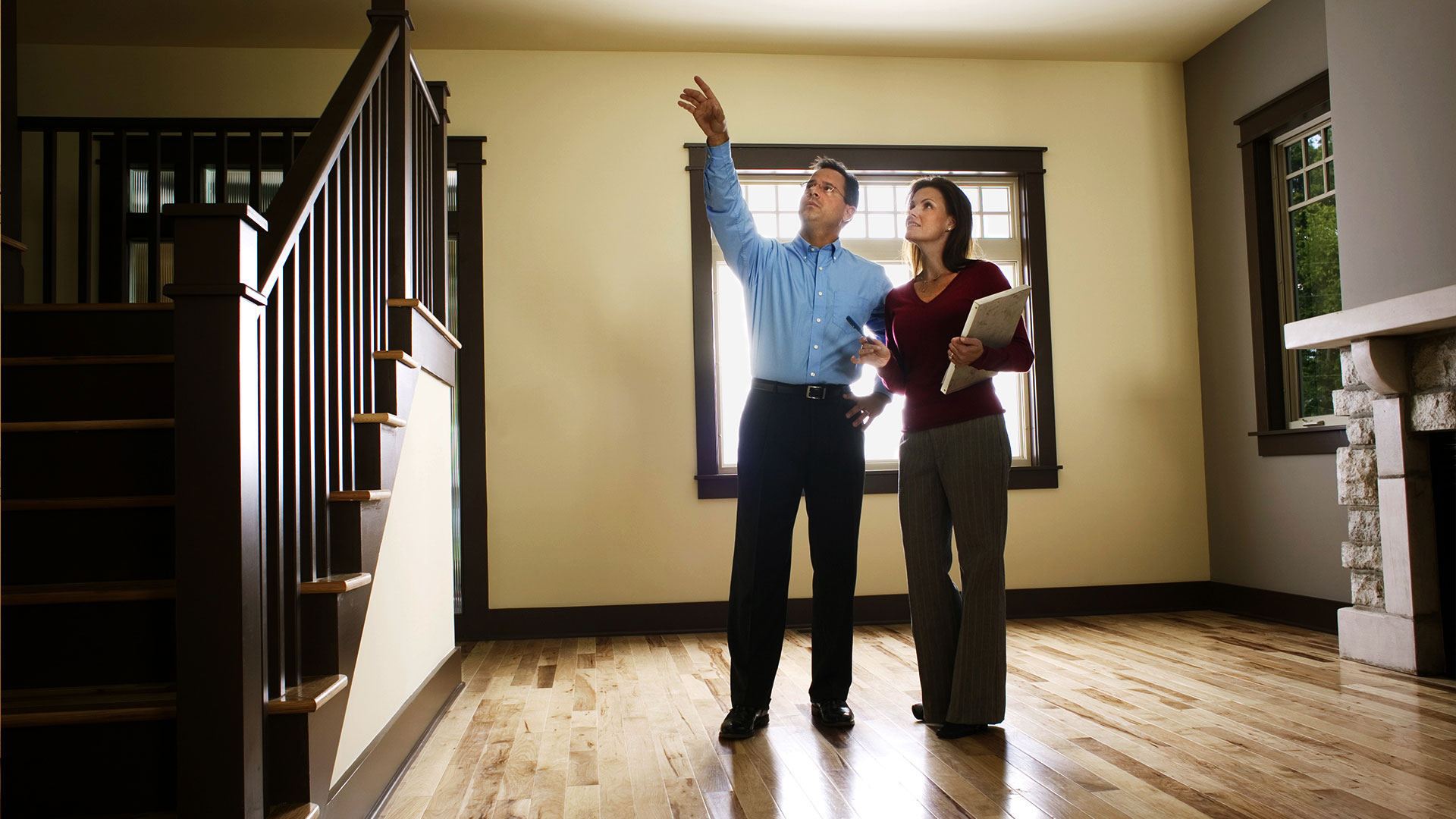

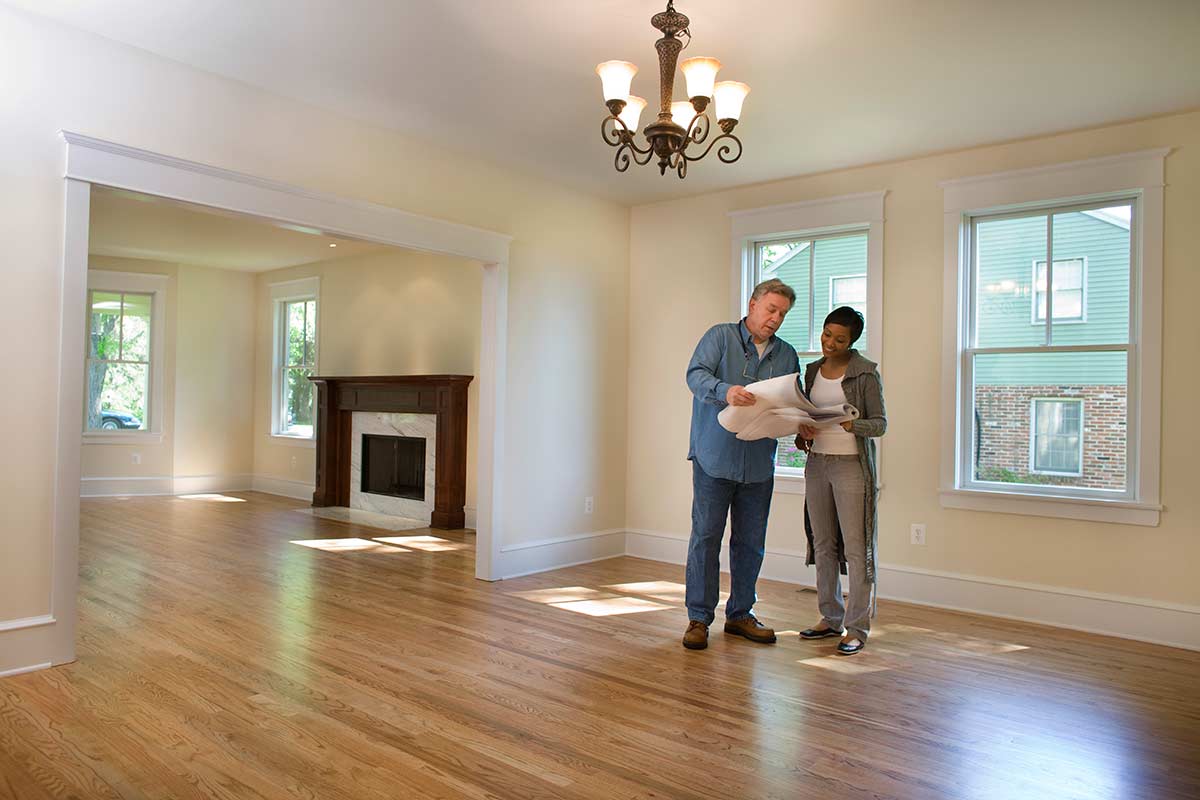
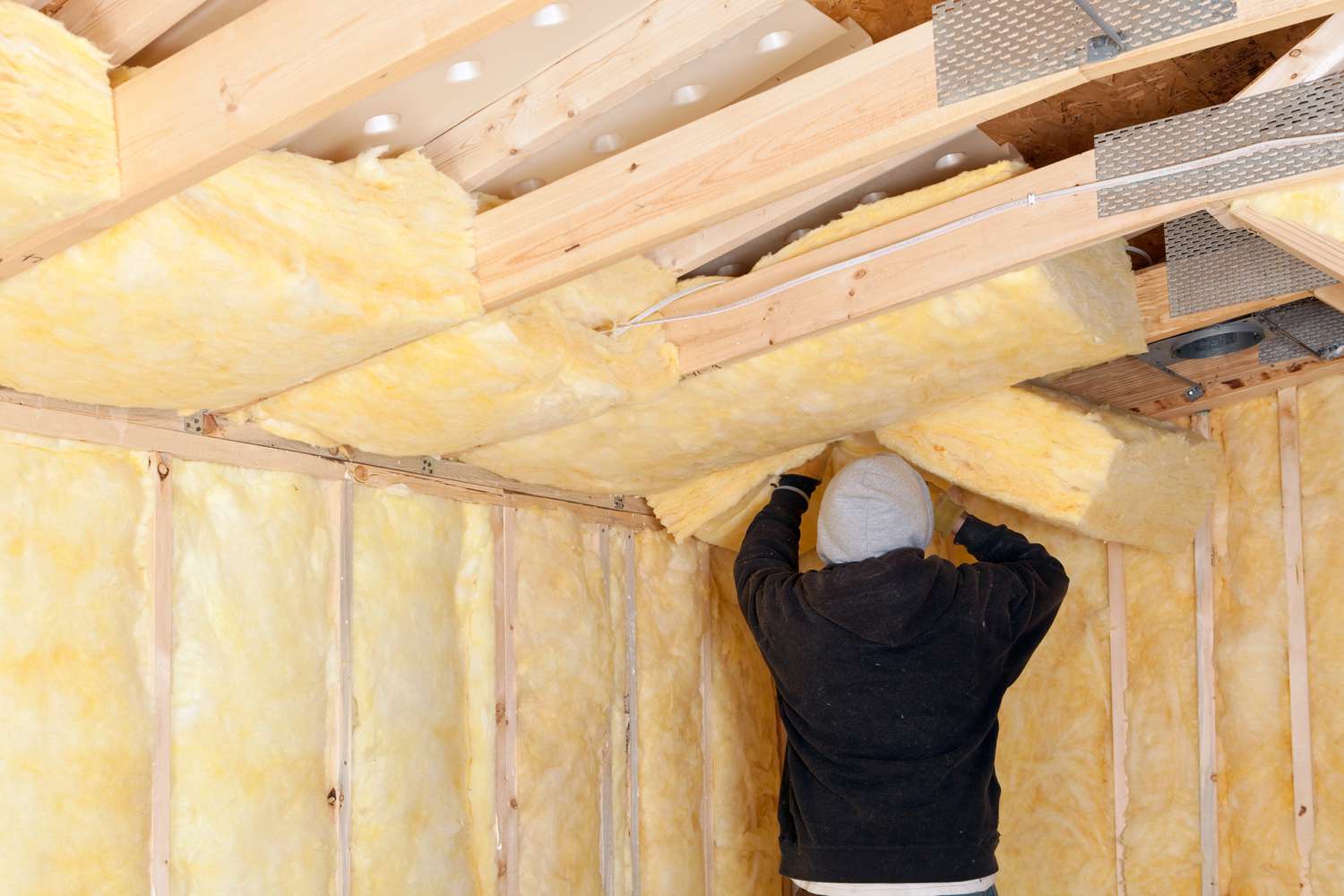

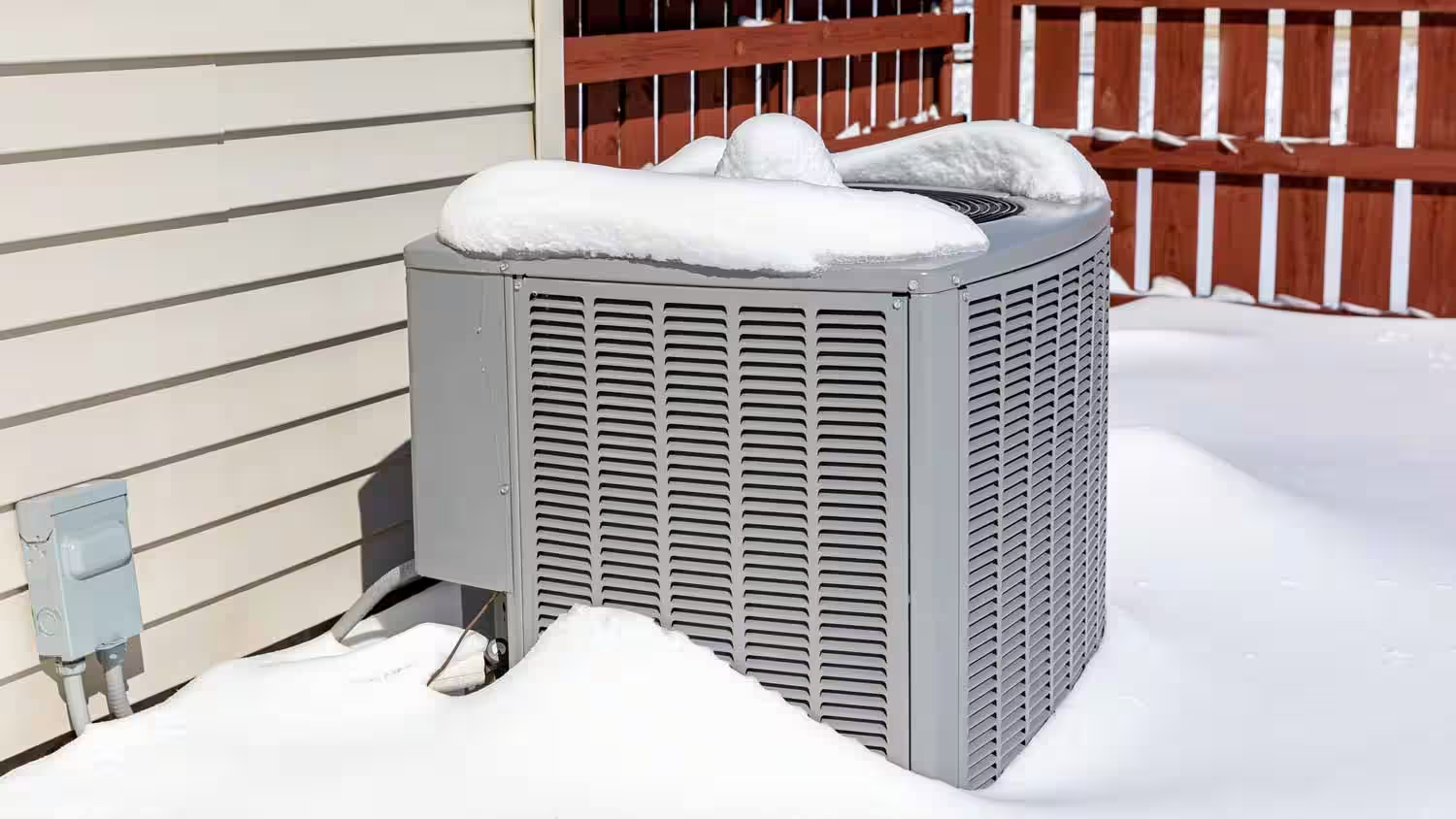
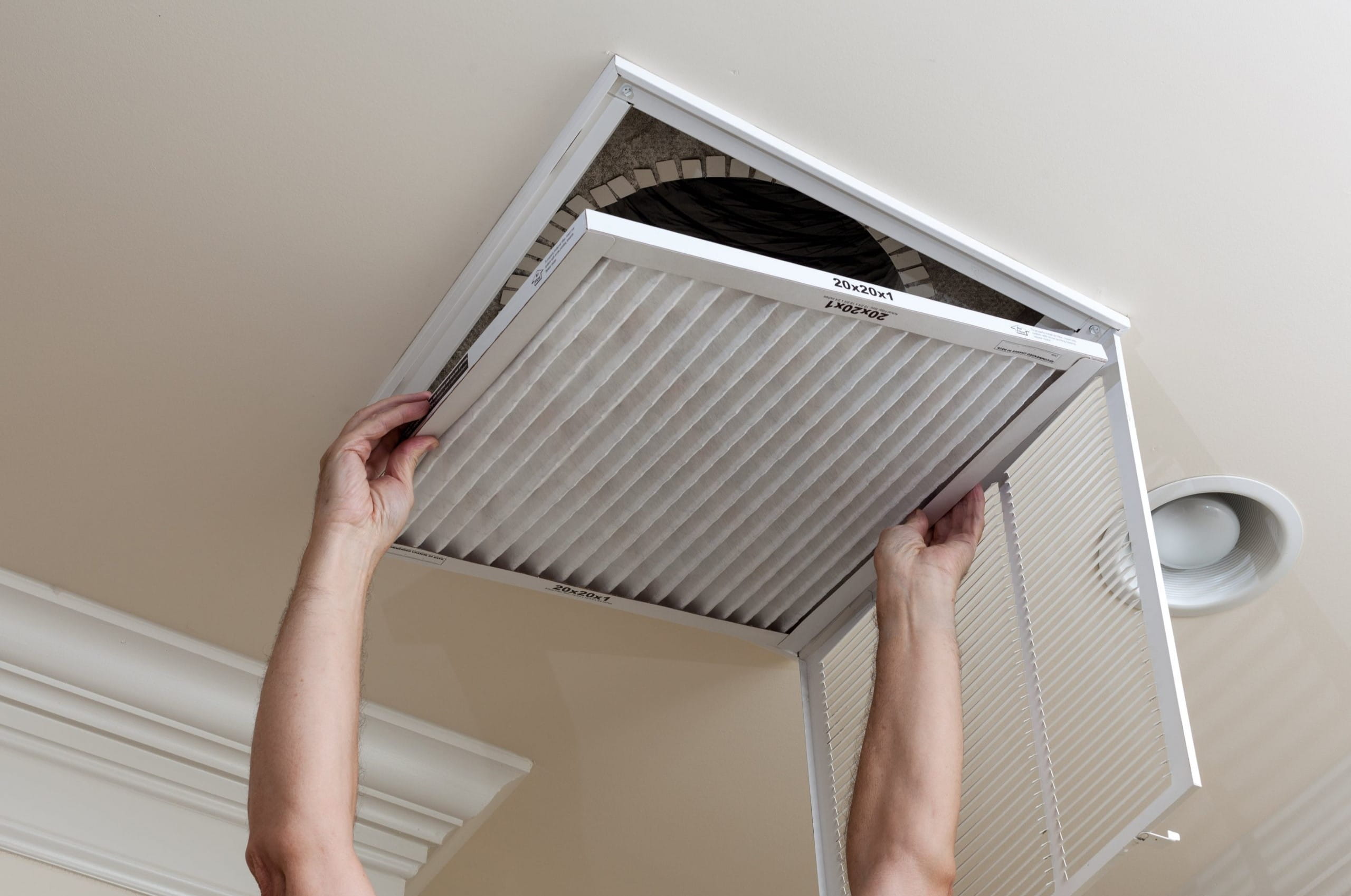
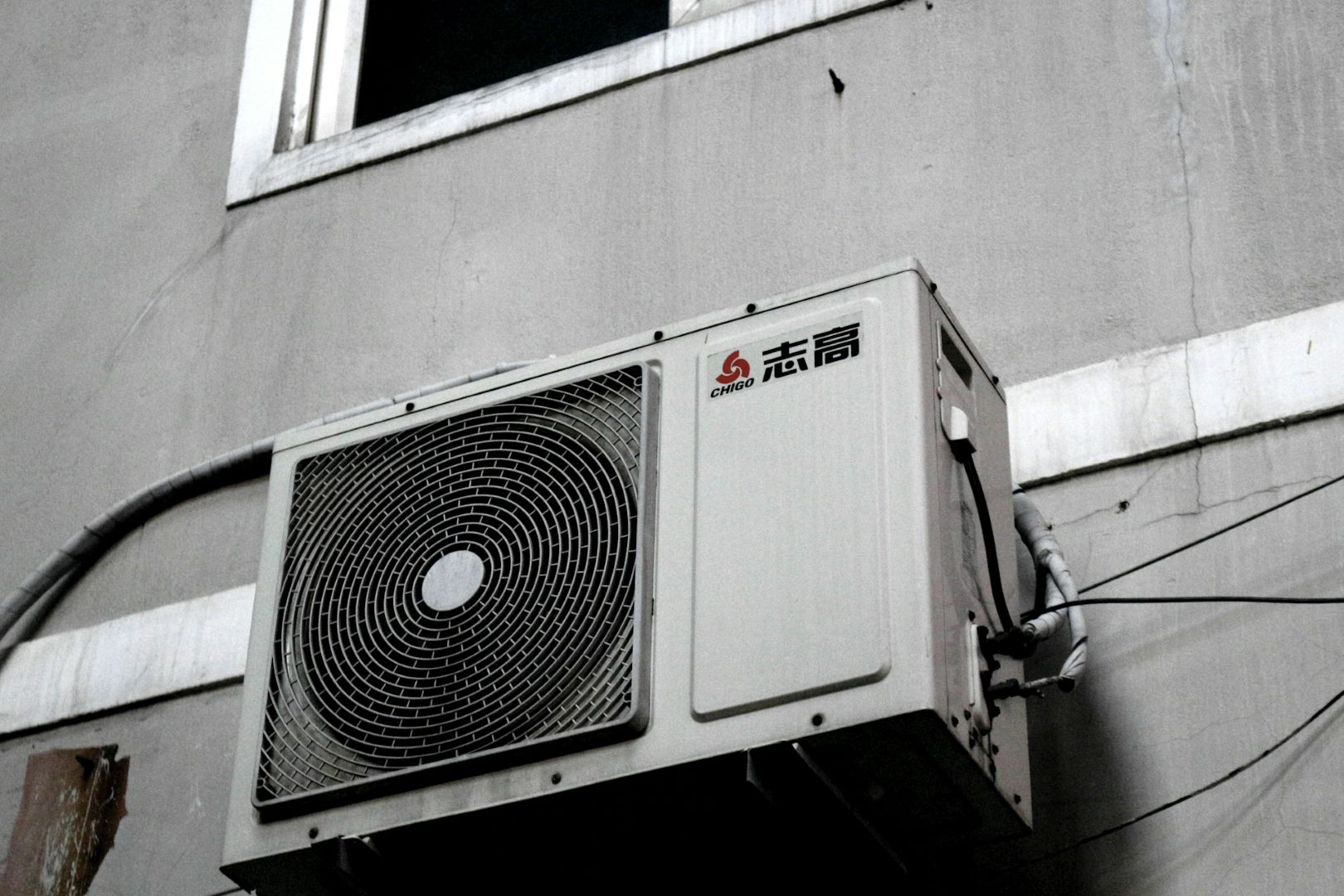

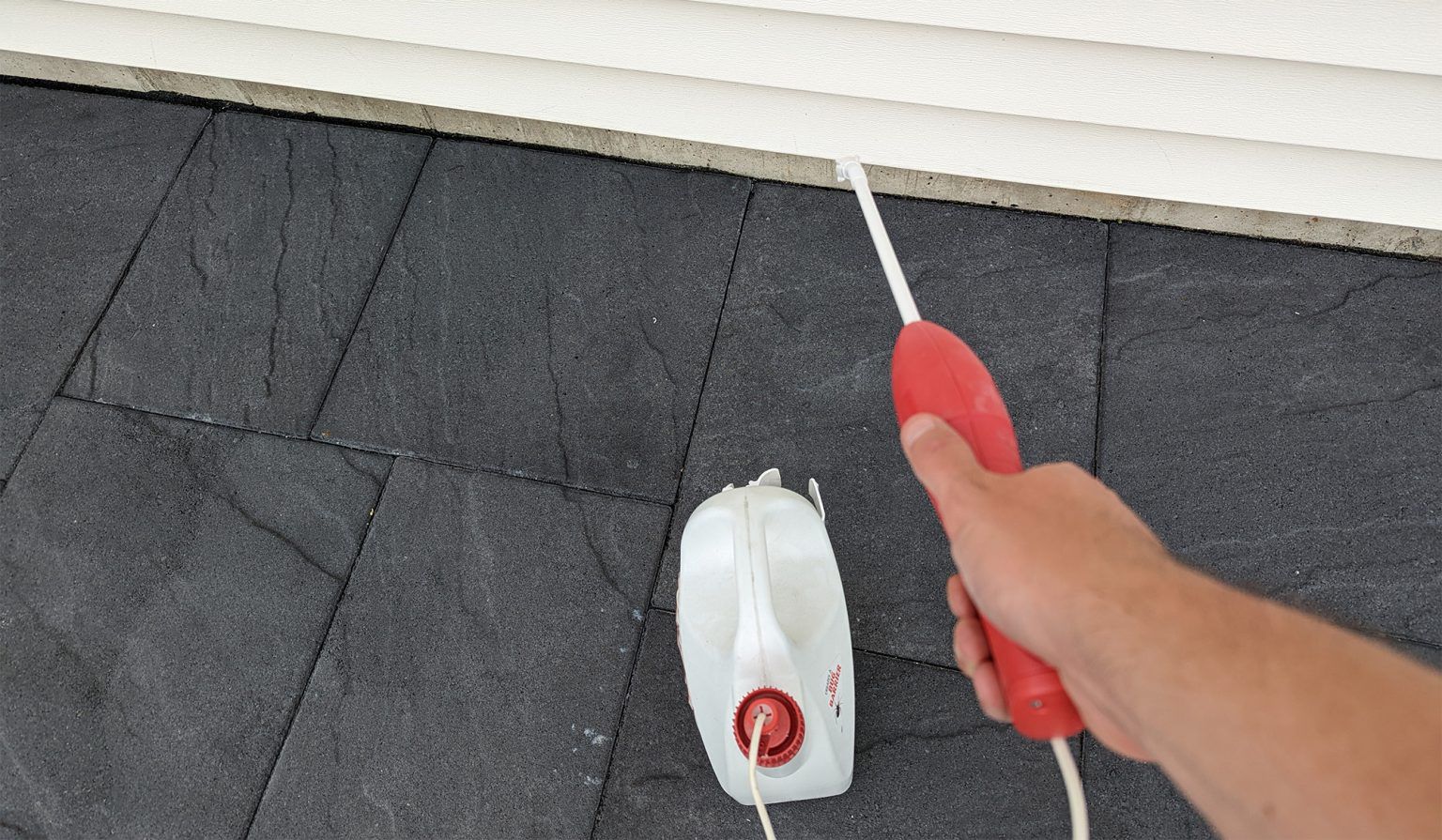


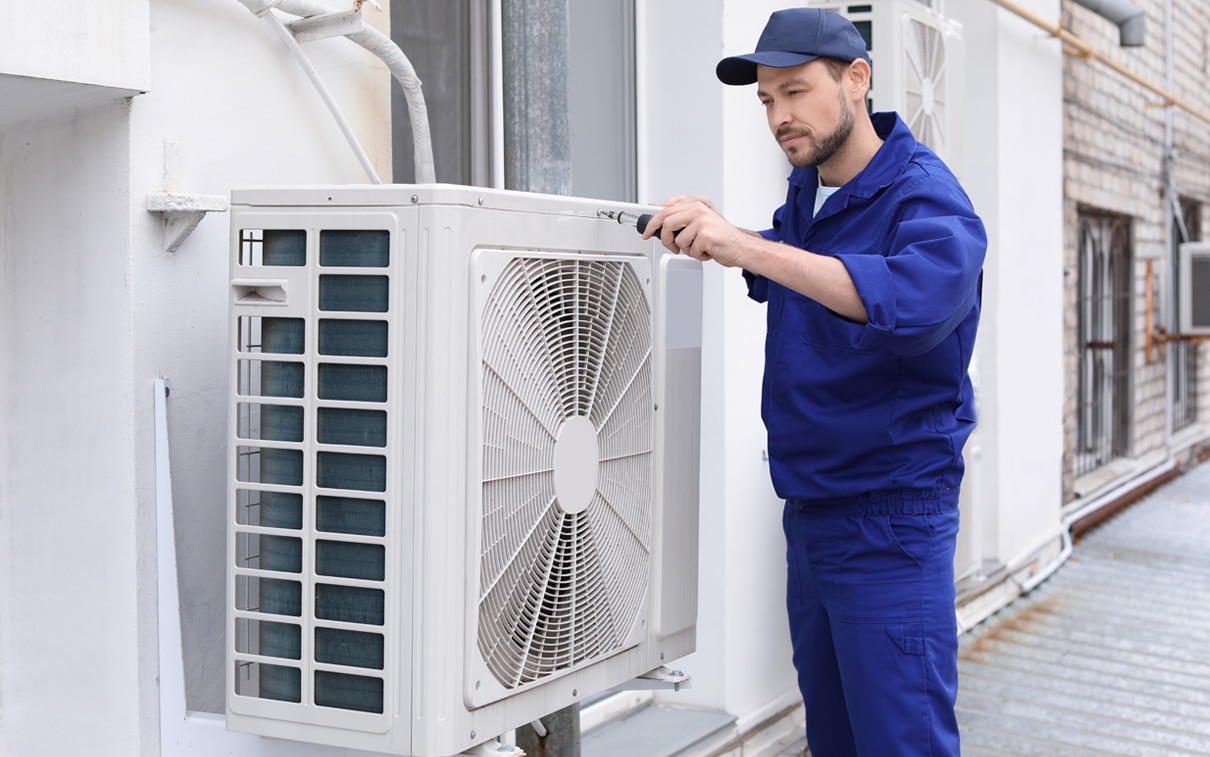

0 thoughts on “Home Inspection: How Long Does It Take”